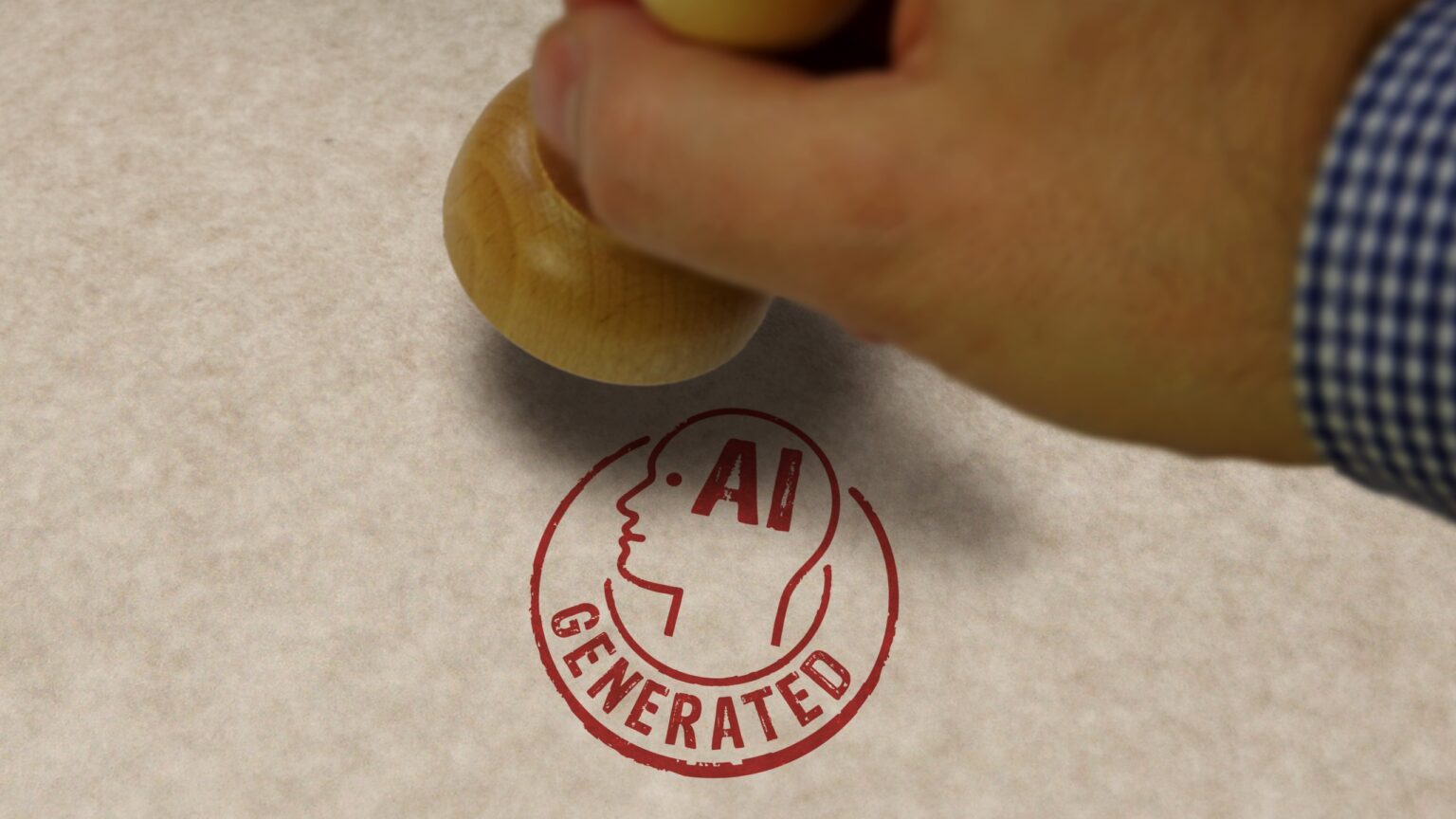While the European Commission (EU) is still working on regulation to guide AI tech, they have asked tech companies like Facebook, Google and TikTok to clearly label any content that is generated by AI models like ChatGPT and DALL-E among many others. The move is to clamp down on disinformation at a time there is growing technology to to create images, music, prose and video content.
Now the EU is worried that the use of AI generated content can increase the spread of misinformation, hence the need for proper labeling of AI content on these platforms.
Also read: OpenAI’s CEO Appears Before Senate, Calls for AI Regulation
Under the Digital Services Act, which will soon come into effect, online platforms and search engine companies like Google, Meta, Twitter and TikTok will have to identify AI generated or manipulated content or face multi-million euro fines. They are also expected to build applications that easily detect such content.
“Signatories who integrate generative AI into their services, like Bing Chat for Microsoft and Bard for Google should build in necessary safeguards so that these services cannot be used by malicious actors to generate disinformation,” EU vice president Věra Jourová said announcing the latest requirement.
"When it comes to AI production, I don't see any right for the machines to have freedom of speech.
Signatories of the EU Code of Practice against disinformation should put in place technology to recognise AI content and clearly label it to users."
— Vice-President @VeraJourova pic.twitter.com/yLVp79bqEH
— European Commission (@EU_Commission) June 5, 2023
Could Russia be the cause?
A report by The Gaurdian indicates the latest developments have been pushed by the spread of fake news from Russia, taking advantage of the online platforms to spread its hegemony across the region.
“This is not business as usual; what the Russians want is to undermine the support of the public opinion of our citizens for the support of Ukraine,” said Jourová.
“We simply have to defend our interests, our democracy; we have also to defend our, I will say it, fight and war, because what we do is support your claim to win the war,” she added.
EU fires warning shots at Twitter
The EU has also warned Twitter to comply with its new digital content regulations by August 25 when the Digital Services Act come into effect. Failure to do so will land the social media platform into serious trouble, with fines up to 6% of its global revenue.
The warnings come after Twitter withdrew from the EU’s voluntary code of practice a fortnight ago, in a move described as a huge mistake. Experts say EU will likely use Twitter as an example, if the company fails to comply with the regulations.
“Twitter has chosen the hard way. They chose confrontation,” said the EU vice president.
“Make no mistake, by leaving the code, Twitter has attracted a lot of attention, and its actions and compliance with EU law will be scrutinized vigorously and urgently,” she added.
Google, Microsft, YouTube, TikTok and Meta follow the EU’s code of practice.
UK wants to tighten lid on AI
Meanwhile, the UK Labour party has also taken a move towards the regulation of AI tech in the UK. The party’s digital spokesperson Lucy Powell said that AI development in the UK must be regulated and AI project should be conducted after a licence has been issued.
“That is the kind of model we should be thinking about, where you have to have a licence in order to build these models. These seem to me to be the good examples of how this can be done.” Powell said.
Given that there has been an influx of AI tech ever since the success of OpenAI’s ChatGPT which is backed by Microsoft, authorities are now scrambling to play catch-up and regulate the sector as well as protect consumers from potential dark side of AI.
“This technology is moving so fast that it needs an active, interventionist government approach, rather than a laissez-faire one,” she added.
Recently, the world woke up to AI-generated images of the Pope in a stylish puffer jacket while another shows former US president Donald Trump tussling with police.
Another image showing a fake explosion near the Pentagon went viral causing panic, which resulted in stock markets falling.
In another case of fake images, several pictures of Elon Musk kissing female robots also circulated on various online platforms.









 and then
and then